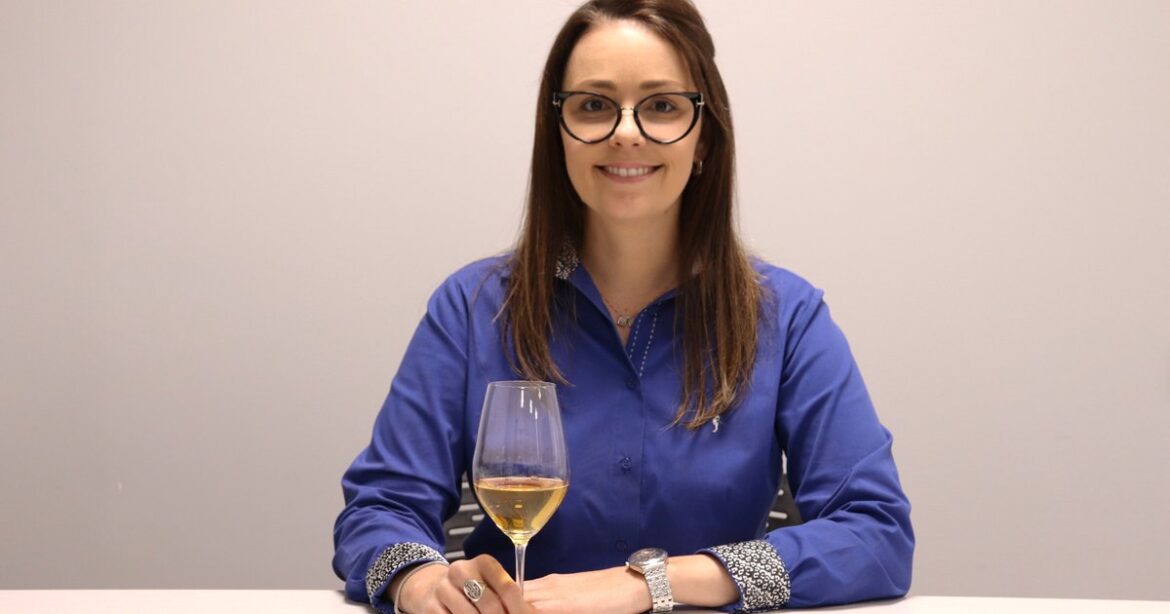Food Experience and Sensory Testing (Feast) Laboratory Senior Research Officer Dr Amanda Dupas de Matos has been awarded more than $100,000 from the Massey-Lincoln Agriculture Industry Fund (MLAIF) to explore the impact of thiols in white wines.
Her project, titled Realising the Potential of Thiols in White Wines: Sensory Consumer Responses and Chemical Characterisation, seeks to unlock valuable insights into the science behind consumer perceptions and the chemical dynamics of white wine production. This research could have significant implications for the Aotearoa New Zealand wine industry, which faces both economic and environmental challenges.
Thiols are a class of aroma compounds considered important determinants of acceptability given that some of these compounds provide key tropical fruit aromas to wine. While thiols are known for producing desirable tropical fruit aromas at certain levels, a high varietal thiol concentration can produce off-putting smells.
“While winemakers already employ various techniques, such as yeast selection and winemaking processes, to manipulate the presence of thiols, the specific concentration thresholds that consumers find most appealing remains unclear,” Dr Dupas de Matos says.
This gap in knowledge is what drives her research, which aims to pinpoint the optimal levels of thiols that enhance white wine’s sensory profile without deterring consumers.
The relevance of this project comes at a crucial time for New Zealand’s wine industry, which has seen its domestic sales dip to their lowest point in two decades (NZ Wine, 2024).
“In a competitive global market, understanding the factors that influence consumer preferences could help reinvigorate the industry. This research is also timely in the context of climate change, which poses new challenges for wine production,” she adds.
Dr Dupas de Matos’ project is a collaborative effort between Te Kunenga ki Pūrehuroa Massey University, Lincoln University and the Bragato Research Institute in Blenheim. Combining the sensory expertise of Massey’s Feast Laboratory with Lincoln University’s winemaking and chemical analysis capabilities, and Bragato’s expert wine panel, the project forms a cross-disciplinary team bringing together distinct areas of expertise.

